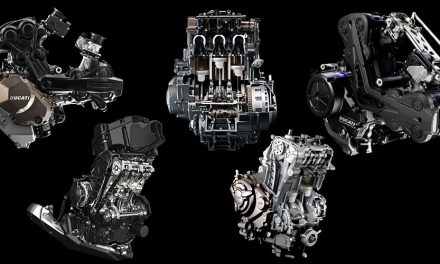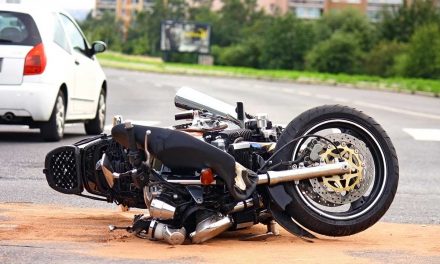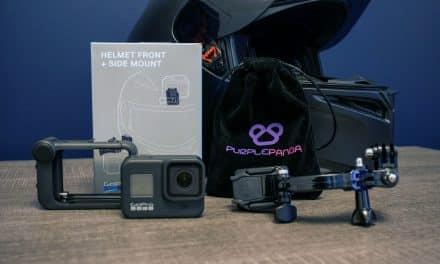For many people, owning a motorcycle, getting a license, and riding on the open road is a longstanding dream that culminates at some point or another.
If you’ve saved up money and been pondering on the idea of owning the two-wheeler of your dreams, you’re probably on the verge of owning a motorcycle. After getting the paperwork out of the way and undergoing the necessary licensure measures, you’re just a few steps away from realizing your lifelong dream!
While you may already be daydreaming about having the wind flow through your helmet and hugging the curves at every turn, there’s one more topic to address: The actual cost of motorcycle ownership.
Why it matters to know how much owning a bike will set you back.
One common mistake that first timers make when buying their motorcycles is that they rush through what is supposedly a research-packed process, only to learn that they’ve jumped into a costly hobby. Although most people may argue that cars and houses are more expensive to deal with to a certain extent, the truth is that motorcycles still pose the risk of being far out of some people’s budgets.
Everything you need to know about the true costs
As much as people love to say that finding out what it’s like to own a bike entails learning the hard way, you won’t have to put yourself unwittingly into a money pit if you do the research. Fortunately for you, we’ve prepared three factors to know whether or not it’s an opportune time to chase after your two-wheeled dreams:
Cost component #1: The bike itself
Depending on what bike you get; you can be dealing with an easy-breezy financial experience or something that may put you into more stress.
If you want to start with a moped, for instance, expect no more than $4,000 or $5,000 for a top-of-the-line model (like a Vespa) that won’t have you itching for an upgrade anytime soon. On the other hand, beginner cruiser bikes like the Harley Davidson Softail, naked sport bikes like Kawasaki’s Z650, or motards like Yamaha’s YZF-450 can cost around $8,000 to $16,000.
Cost component #2: Safety on the road
Once you have your bike, you’ll need to worry about other costs for your safety like riding gear and insurance policies.
Good quality helmets, such as HJC, Nolan, Shoei, AGV, Roof or Simpson, will cost anywhere between $400 to $1500. However, remember not to cut costs in this step because it can compromise your safety. Additionally, quality gloves, jackets, full-leather suits, and boots can set you back around $600 to $1000 if you’re looking for high-quality options.
On the other hand, a standard insurance policy for a motorcycle (and the rider) will total to around $200 to $500, depending on a policy provider’s assessment of your risk level and other associated factors!
Cost component #3: Maintenance and repairs
No matter how “trustworthy” your bike may be, it’s not exempted from regular maintenance and a few repairs if you want to keep it in impeccable shape for the long term.
If you don’t want to go above the hundreds mark when it comes to maintenance costs, your best option is to opt for a Japanese bike – these have readily available parts and cheap labor. On the other hand, if you have money to burn, you can get an American or European ride requiring more quality TLC.
However, if you aren’t particularly sure about which option to go for in terms of maintenance and cost, the rule of thumb dictates that your best bet is to add a third of the bike’s price on top of the whole figure. If you figure out that you can afford the extra costs and figures, you’re good to go. But if you can’t, then it’s best to seek other options instead.
Conclusion
When it comes to buying a bike to get a head start on your motorcycle riding dreams, it’s crucial to note that the experience’s costs go far beyond the vehicle itself. By keeping this guide in mind, you can approach the idea of getting started on your riding hobby with the right mindset so that you won’t have to worry too much as you move down the line!
If you’re looking for guides on the best beginner motorcycles for 2020 or motorcycle license application processes in Canada and the US, we’ve got you covered. Feel free to check out our blog today for more!





